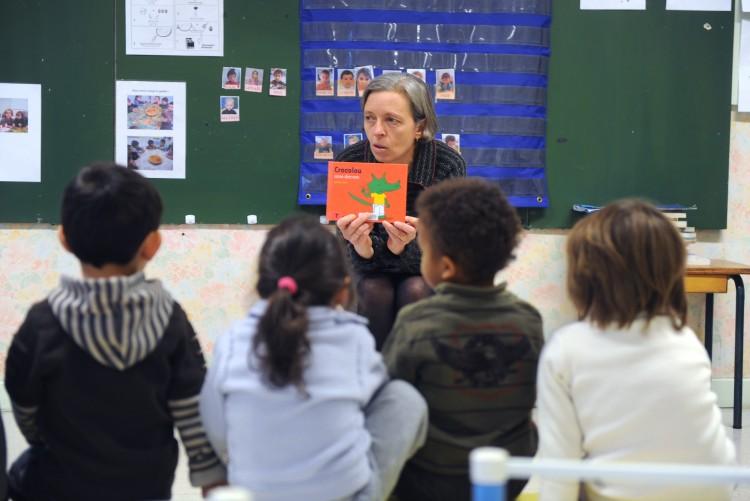Canada’s education system is in crisis, says an education expert, and as a result teachers may be quitting the profession at an alarming rate.
Although exact figures are not available, Jon Bradley, an associate professor at McGill University’s Faculty of Education, estimates at least 30 percent of Canadian teachers are leaving the profession within their first five years on the job, in line with similar stats reported in countries such as the United States, U.K. and Australia. One University of Alberta study pegged the number of the province’s teachers leaving at 40 percent, though this number may include transfers to other jurisdictions.
Bullying from parents, false accusations from students, a lack of merit-based pay, few support resources, stifling curriculum requirements, and overwhelming workloads are just some of the reasons teachers are leaving, says Bradley.
Overwhelmed Canadian Teachers May Be Quitting in Droves
Nearly half of all new teachers in Canada are leaving the profession after five years, says an expert.

A teacher reads a book to her kindergarten class. An education professor is calling for improved working conditions for teachers, many of whom are leaving the profession due to issues such as overwork and bullying by parents. Eric Cabanis/AFP/Getty Images
|Updated:
Why are so many leaving? That whole area needs to be addressed.
, McGill University Faculty of Education



